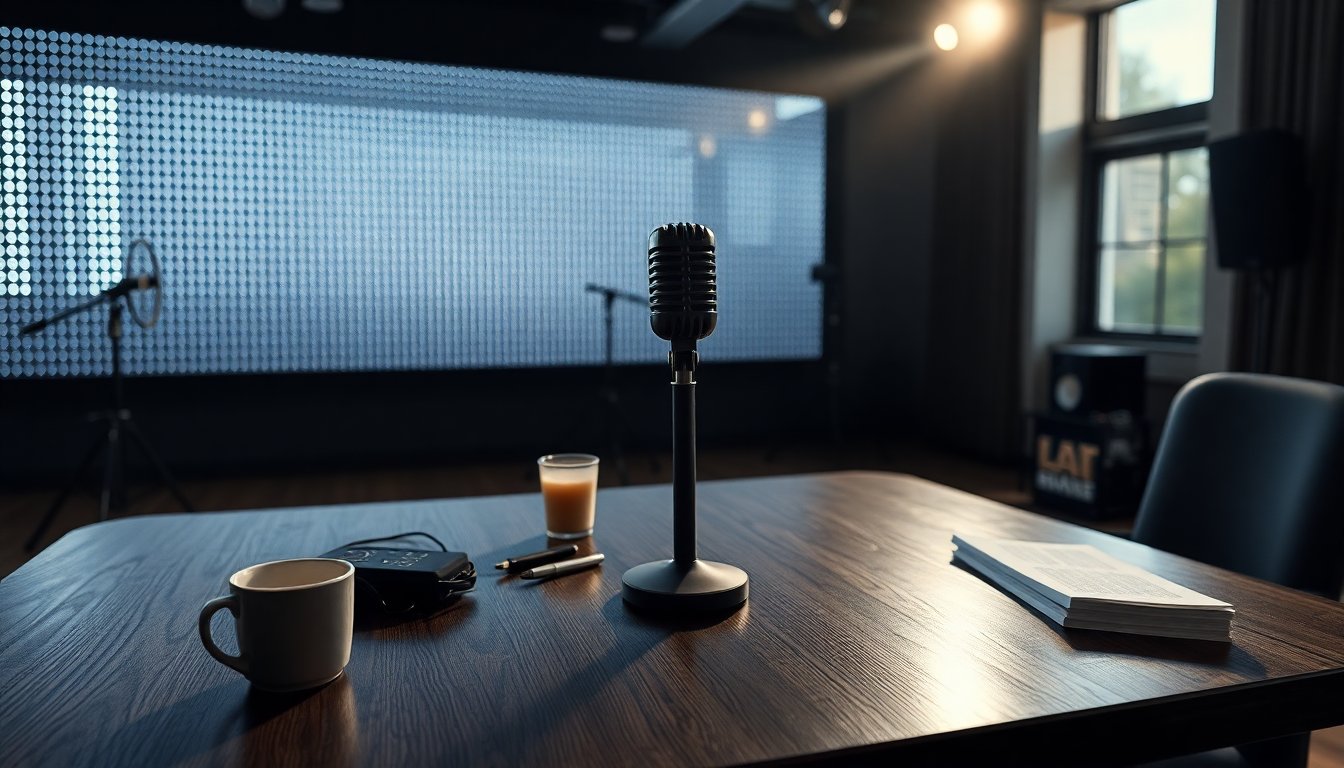Table of Contents
Stephen Colbert Defends Jimmy Kimmel Amid Censorship Concerns
On Thursday’s episode of The Late Show, host Stephen Colbert voiced strong support for late-night comedian Jimmy Kimmel. Kimmel’s show, Jimmy Kimmel Live!, was recently removed from the air by ABC following comments made by FCC chairman Brendan Carr. Colbert addressed this situation directly during his monologue.
Colbert expressed disbelief over ABC’s decision, noting that emergency meetings among ABC and Disney executives occurred shortly after Carr’s remarks. He stated that while the executives concluded Kimmel had not crossed any lines, they were nonetheless concerned about potential backlash from the Trump administration. “They were pissing themselves all day,” Colbert remarked, adding humor to an otherwise serious situation.
The Impact of Political Pressure on Comedy
Colbert characterized Kimmel’s suspension as a form of censorship, arguing that yielding to political pressure sets a dangerous precedent. He asserted, “With an autocrat, you cannot give an inch,” highlighting the significance of defending free speech. This incident raises broader questions about how political sentiments can impact media decisions and the ramifications for comedians who often challenge societal norms.
ABC’s Decision and Its Fallout
The choice to remove Kimmel’s show followed a controversial episode in which he commented on the murder of conservative activist Charlie Kirk. Kimmel’s remarks were interpreted as suggesting connections between the shooting suspect and the conservative movement, leading to backlash from right-wing commentators. Subsequently, Nexstar Media, a major player in the television industry, announced that it would preempt Kimmel’s show on all its ABC-affiliated stations.
In the aftermath, former President Donald Trump took to social media to commend ABC’s decision, labeling it a victory for his supporters. He warned that networks airing critical content could face repercussions, claiming, “They’re not allowed to do that.” This statement highlights a concerning trend of political figures influencing broadcasting decisions, which poses risks to the future of political discourse in late-night comedy.
Protests Erupt Against Censorship
Following the cancellation, protests erupted outside Disney’s headquarters and ABC’s offices. Demonstrators expressed their outrage with signs stating “Every red line has been crossed” and chants such as “Kimmel stays, Trump must go,” reflecting public discontent with perceived infringements on free speech. Activists criticized the government’s influence over media corporations, emphasizing the need for accountability.
The Role of Comedians in Political Discourse
Colbert’s endorsement of Kimmel underscores the essential role comedians play in shaping public opinion. By addressing contentious issues, late-night hosts like Colbert and Kimmel serve as mirrors to society, encouraging audiences to consider political dynamics. Colbert’s unity with Kimmel sends a powerful message that comedians should not be silenced, particularly in a politically charged atmosphere.
The protests illustrate that comedy’s power extends beyond mere entertainment; it can catalyze social change. As the comedy landscape evolves, the resilience of comedians in facing adversity will shape their ability to challenge authority and stimulate thought.
As this situation progresses, the significance of freedom of expression in media remains a pressing topic. The implications of Kimmel’s suspension may reverberate throughout the industry, prompting discussions about the limits of political satire and the responsibilities of television networks in upholding democratic principles.


